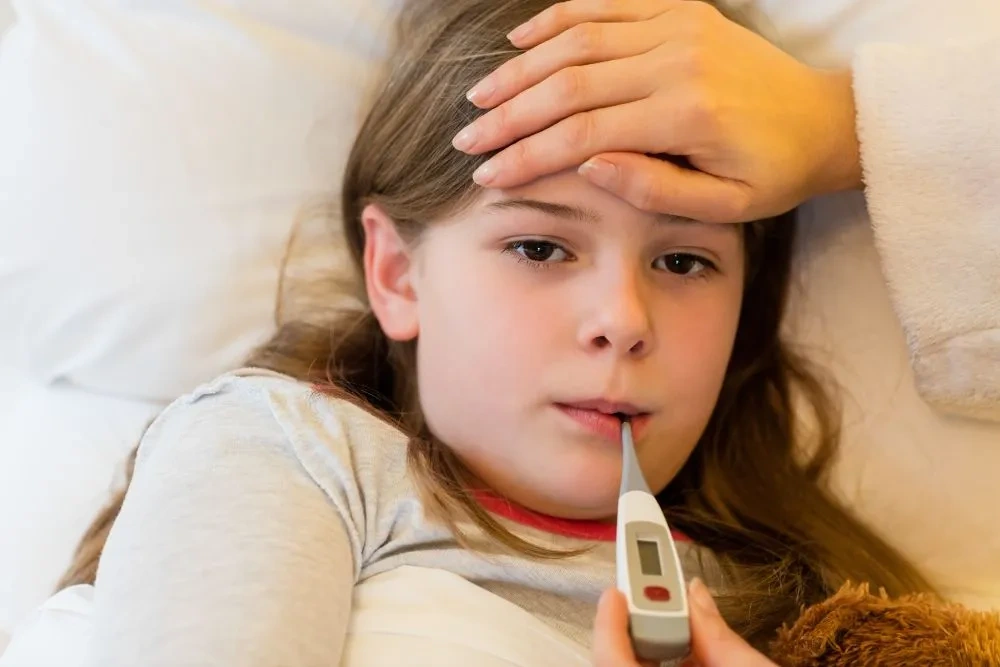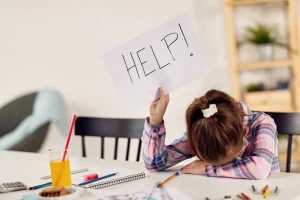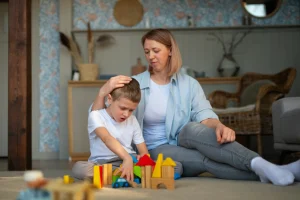About Hay fever in Children
Hay Fever or Allergic Rhinitis, a chronic condition causes an allergic reaction affecting the inside of the nose. However, Hay Fever can affect children’s eyes, sinuses, ears, and throat. Hay Fever affects about 30% of children and can cause adverse effects if it is not treated, risking a child’s health with the development of conditions like asthma, sinus infections, and ear infections.
Hay Fever is a seasonal occurrence mainly in summer and spring, affecting children who are allergic to pollen, mostly grass pollen. The Hay Fever that occurs throughout the year is said to be perennial.
Signs and symptoms of hay fever
Children may suffer mild to severe of the following signs and symptoms with Hay Fever.
- Runny or Blocked Nose
- Frequent Sneezing
- Itchy, Swollen, Watery Eyes
- Itchy Ears, Nose, Roof of Mouth, Throat
- Headaches and Fever
- Snoring
If Hay Fever is left untreated, it can deteriorate the quality of sleep, induce tiredness, and can affect the learning pace as well as the quality of life. In some cases, Hay Fever can lead to worsened health conditions:
- Asthma gets difficult to control
- Increases chances of sinusitis
- Affects child’s well-being
- Leads to bad breath, sore throat
- Frequent eye infections, and causes itchy eyes.
Causes hay fever
Hay Fever is caused by materials we breathe in. The nose hairs function in trapping materials we inhale and at times the trap leads to allergic reactions. The triggers include as follows:
- Pollen (especially grass pollen)
- Dust Mites
- Animal fur
- Mould spores
If your child has Hay Fever throughout the year they have perennial one, and is usually triggered by dust mites or animal fur.
Treatment for hay fever
Hay Fever cannot be cured, yet the symptoms and bodily reactions can be controlled, helping the child with some relief. The best treatment is to ensure minimal contact with the allergic material identified.
At times, the cause is unidentifiable, and consulting a doctor at Children’s Health Hub should be your priority. Our doctors ask assessment questions to determine the cause and even suggest allergy tests to identify and control. The skin prick test is the most common test for Hay Fever. Immunotherapy is another option when there is severe Hay Fever.
Make sure to talk to your doctor and access the child’s symptoms thoroughly, to effectively explore treatment options for Hay Fever.
Key points to remember
- Hay Fever is an allergic reaction, affecting the nose.
- The occurrence is major in spring and summer, but can be perennial.
- Hay Fever symptoms can be avoided, by escaping triggers causing them.
- Medications for the fever help relieve symptoms.






